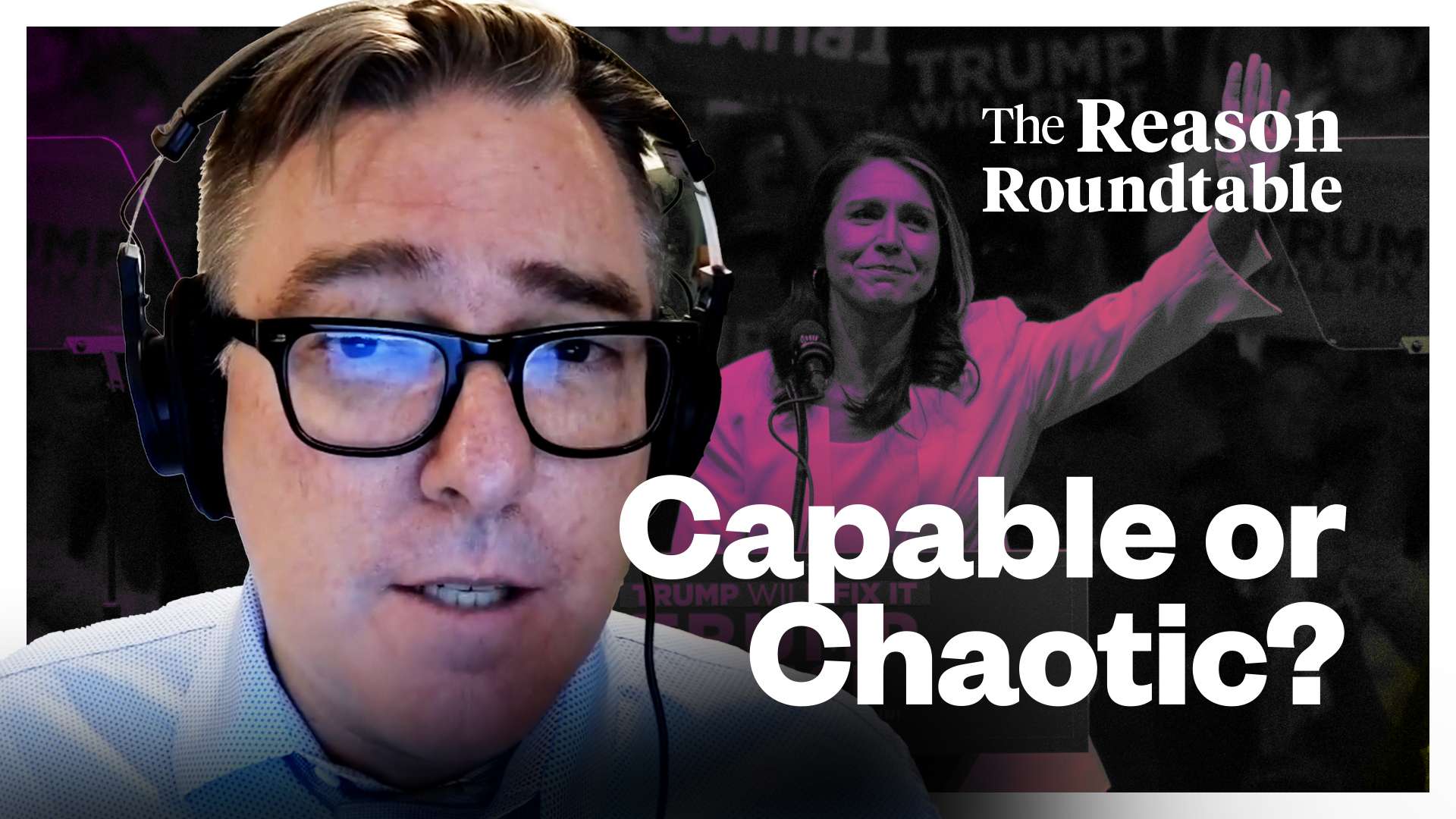Trump’s Turbulent Cabinet
In the latest episode of The Reason Roundtable, editors Matt Welch, Katherine Mangu-Ward, Nick Gillespie, and Peter Suderman discuss recent developments regarding Donald Trump’s cabinet appointments and the emerging framework of the newly proposed Department of Government Efficiency (DOGE). The podcast kicks off with a tribute to Fred Smith, a significant figure credited with shaping logistics and transportation through his work with FedEx. The editors express admiration for Smith’s contributions to innovation and business efficiency, highlighting his philosophy that stagnation is the alternative to genuine innovation, which resonates deeply in today’s fast-paced economic landscape.
The conversation then transitions to the formation of the Department of Government Efficiency, or DOGE, which aims to streamline federal operations and improve public service delivery. The editors explore the potential benefits and challenges of this initiative, emphasizing its goal to reduce bureaucratic waste and inefficiency within government entities. Several articles are referenced, including works by Liz Wolfe and Brian Riedl that discuss the feasibility of DOGE achieving its ambitious goals. The team shares insights on how government agencies can adapt and modernize to better serve the public while maintaining accountability.
Next, the dialogue shifts focus to the appointment of the new Federal Communications Commission (FCC) Chairman, Brendan Carr, and the implications of his policies for free speech and social media regulations. The panel delves into Carr’s controversial stance regarding content moderation and editorial discretion on platforms like Facebook and Twitter, raising concerns that his agenda may conflict with conservative free speech principles. They reference Jacob Sullum’s critiques of Carr’s initiatives, asserting that restricting editorial freedom could undermine the foundational values of a democratic society.
Furthermore, Tulsi Gabbard’s recent political maneuvers and her complex relationship with the so-called "Deep State" garner attention from the editors. As Gabbard faces accusations of being influenced by foreign entities, including Russia, discussions arise around the broader narrative of political distrust and conspiracy theories enveloping her candidacy. The podcast explores how these allegations, particularly those stemming from figures like Hillary Clinton, reflect the current climate of political suspicion and the challenges faced by candidates who diverge from party lines.
As the episode progresses, the editors recommend various cultural pieces, including film reviews and articles that contribute to the understanding of today’s sociopolitical environment. Among the topics discussed is the lavish yet lackluster nature of films like Gladiator II, as noted by Peter Suderman. The team shares their insights on how mainstream media often fails to effectively engage with the complexities of contemporary issues, both in politics and art.
The episode concludes with an invitation for audience engagement, encouraging listeners to submit their questions and feedback. The editors emphasize the importance of dialogue in fostering a thorough understanding of these complex issues while ensuring that varied perspectives are heard. They promote the podcast’s sponsors, including ZBiotics, aimed at encouraging responsible drinking and wellness, and remind listeners about upcoming events hosted by Reason. Overall, the conversation illustrates the intricate interplay of politics, governance, and culture in today’s society, showcasing various viewpoints on significant current events.
Share this content:












Post Comment